DECANTING WINE – TAKE WINE ENJOYMENT TO THE NEXT LEVEL
Why do we decant wines?
Traditionally, only mature red wines were decanted in order to separate the wine from sediment and to gently aerate the wine after years spent in the bottle. A wine 10 years or older is typically considered as matured.
However young red wines also benefit from decanting, as the aeration makes them smoother and rounder, speeding up the ageing process.
We should decant younger wines (younger than 10 years) to open up aromas and flavours, revealing more complexity. Carbon dioxide is the main preservation element in wine, which is integrated during the first (alcoholic) fermentation. Exposure to oxygen burns off carbon dioxide, effectively maturing the wine and allowing the bouquet to develop faster.
How do you decant wines?
Mature wines should be decanted gently with caution. Depending on the age of the wine and how it has been stored, excessive oxidation can strip a mature wine of its remaining character. To decant a mature wine, slowly pour the wine into the decanter without allowing any sediment to leave the bottle. Let the wine to flow smoothly down the walls of the decanter to gradually aerate.
In a younger wine, we recommend the complete opposite, as you want to burn off as much carbon dioxide in the wine as possible. Turn the bottle upside down and let it vigorously splash into the decanter, ideally producing a thick frothy head.

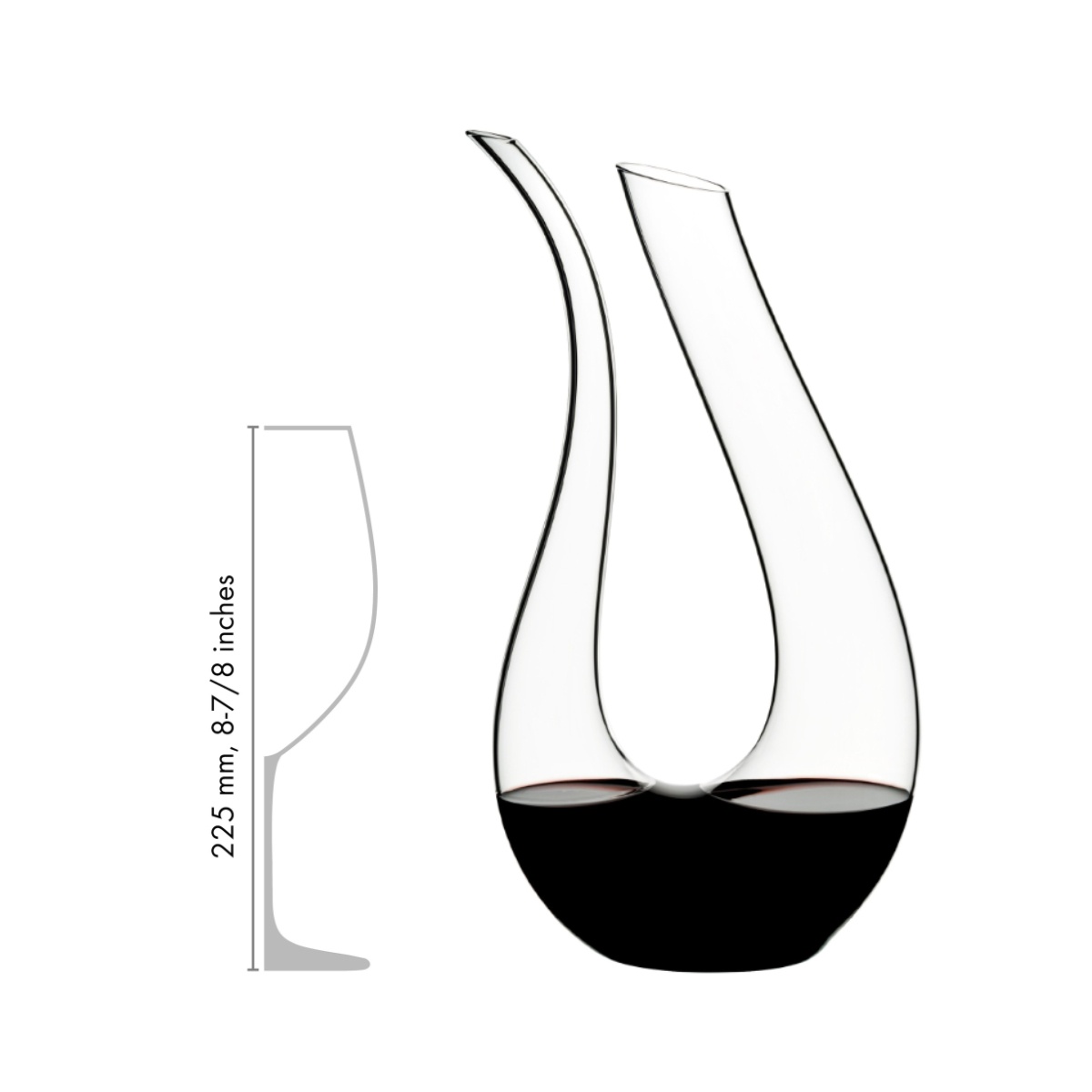
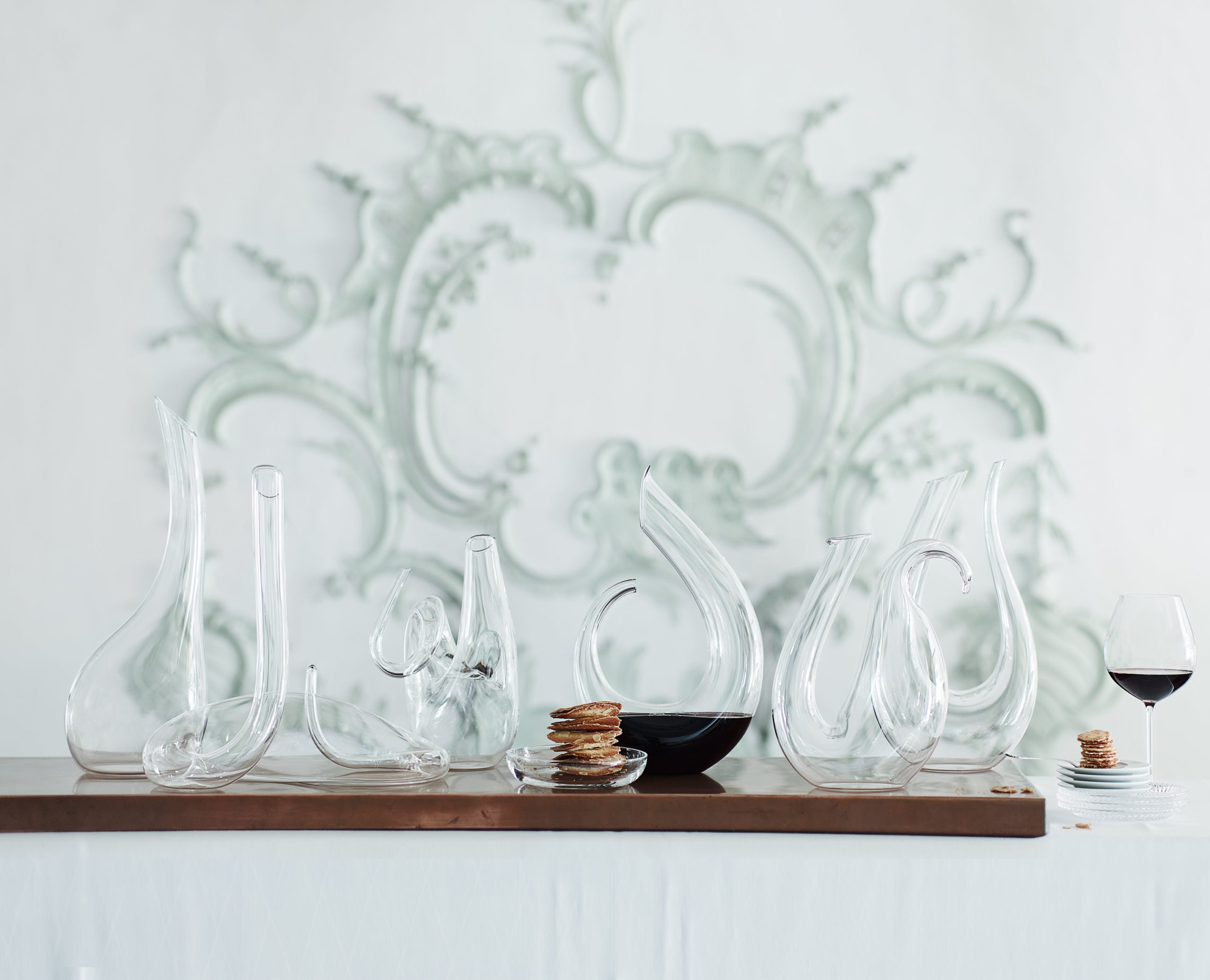
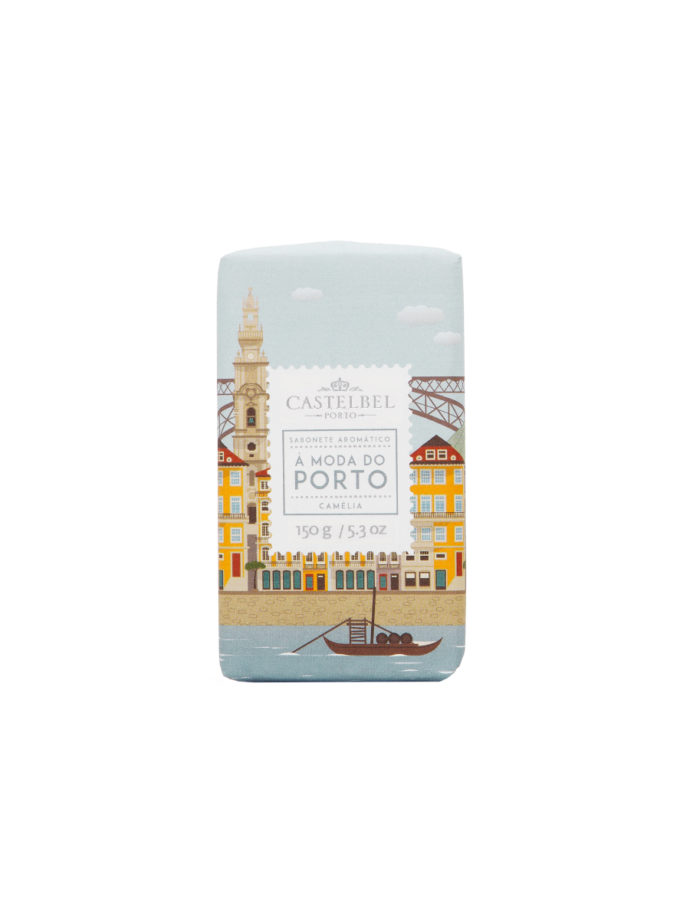

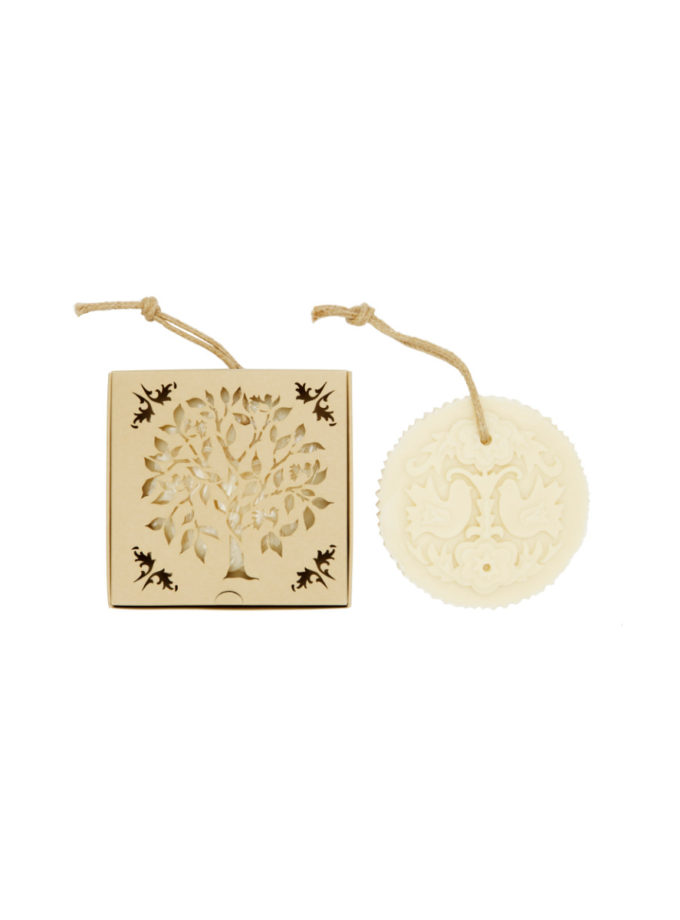
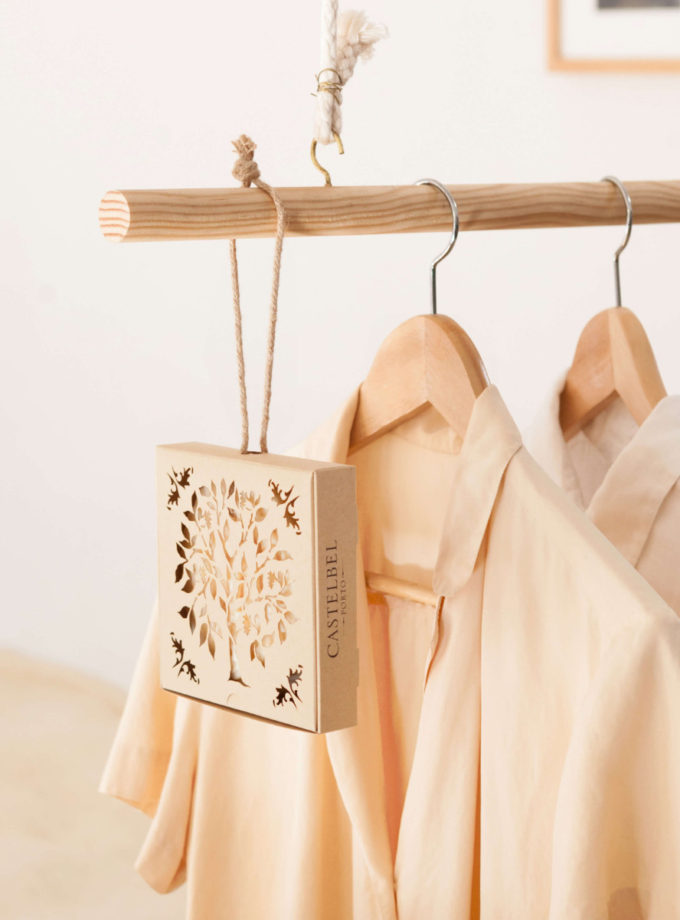
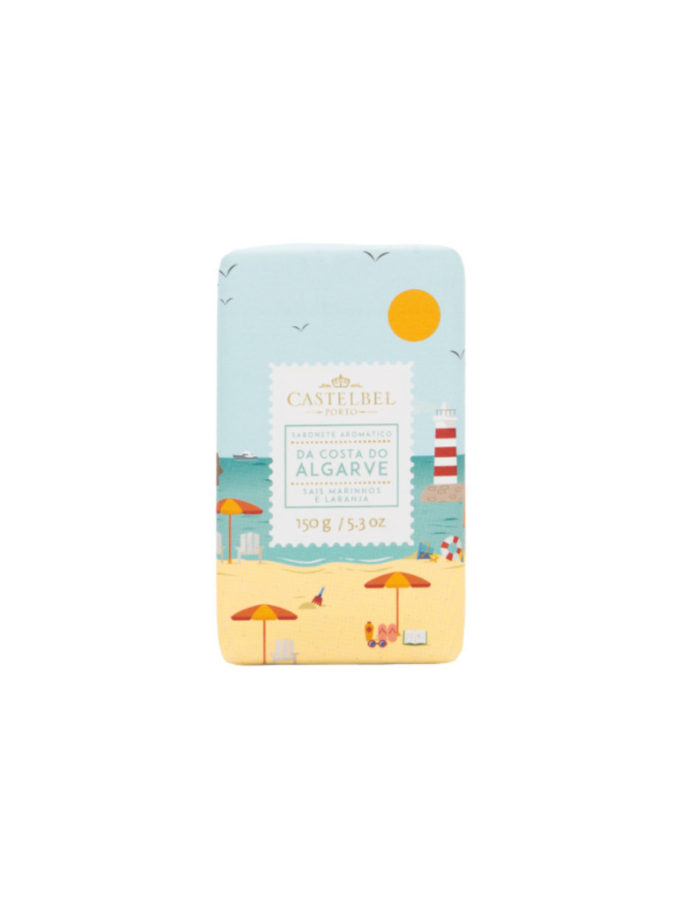
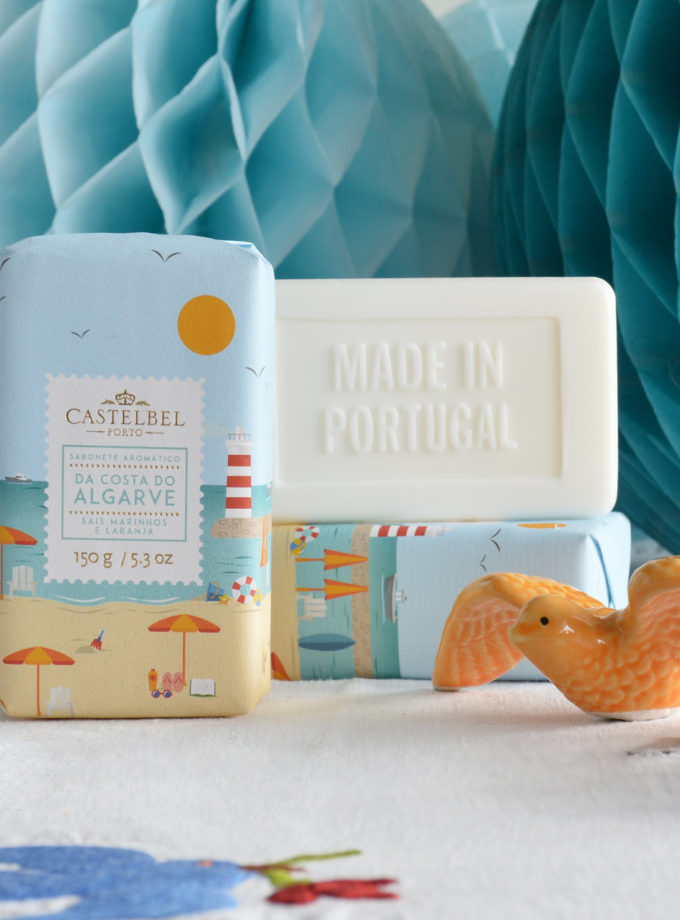
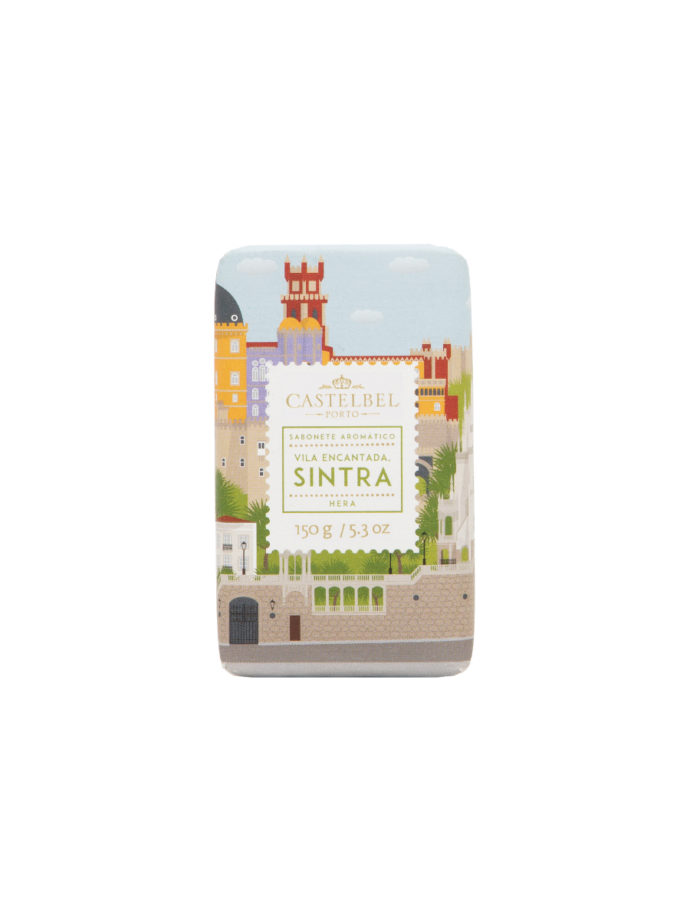
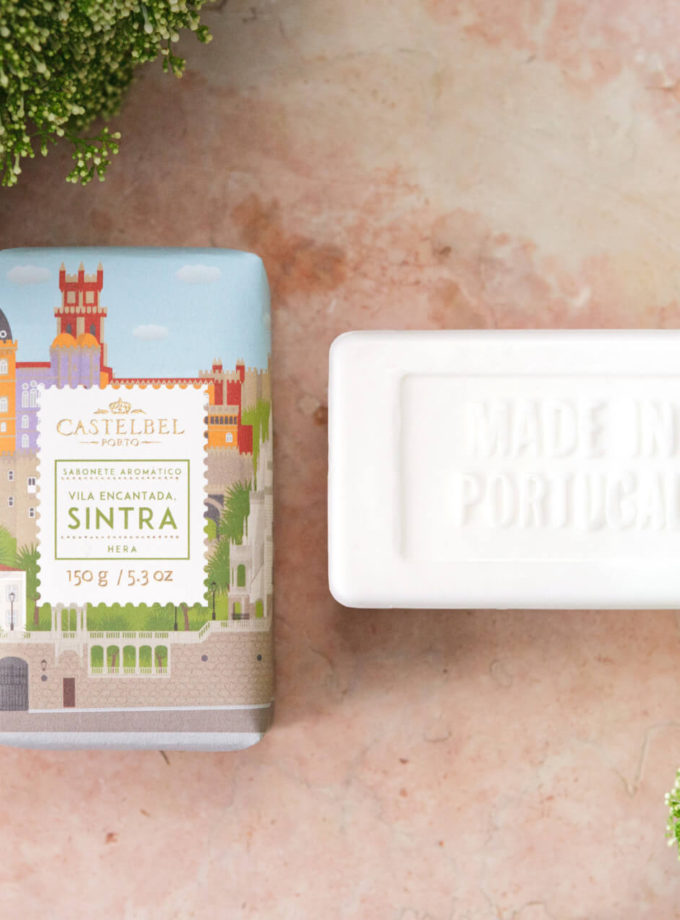
 No products in the cart.
No products in the cart.
Reviews
There are no reviews yet.